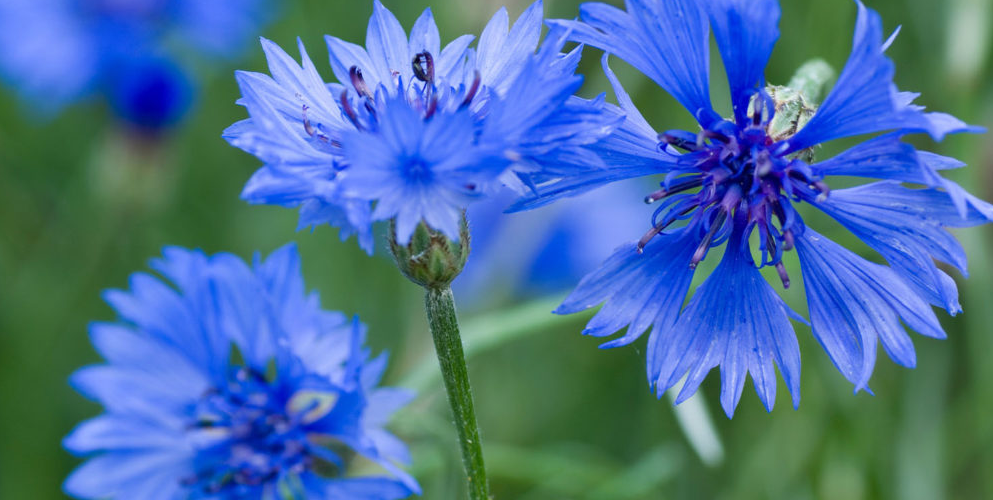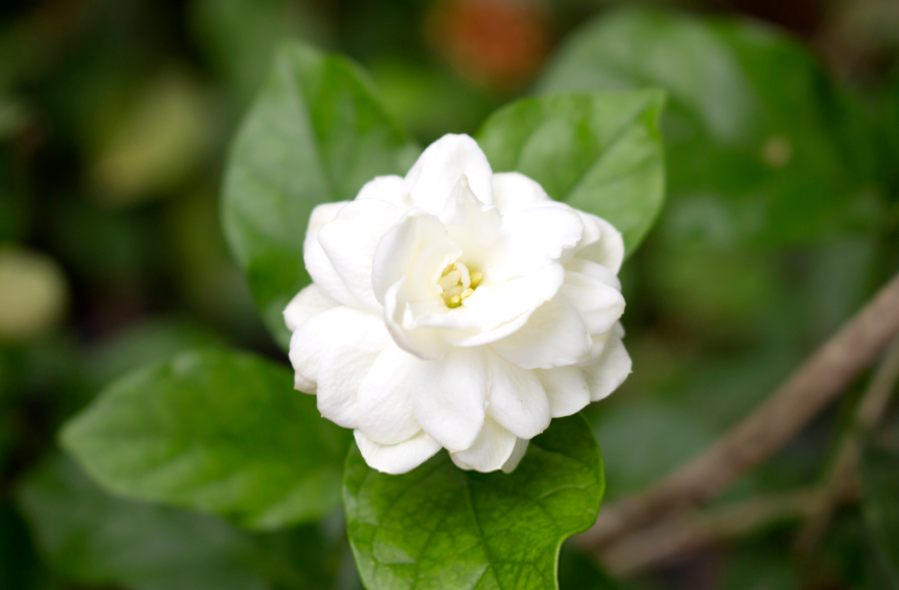Ylang ylang, the Comoros National Flower, is a fascinating and aromatic flower with a rich history and cultural significance. Known for its sweet, exotic fragrance, Ylang ylang has captivated people around the world for centuries. In this article, we will explore the beauty, uses, and conservation efforts related to the Comoros national flower.
The Beauty of Ylang Ylang
Ylang ylang, scientifically known as Cananga odorata, is a tropical tree native to the Comoros Islands, specifically Mohéli. The flower blooms in clusters of delicate, yellow petals that possess a captivating aroma. The fragrance of Ylang ylang is often described as floral, fruity, and slightly spicy, making it a popular choice in perfumery and aromatherapy.
Comoros National Flower: Historical Significance
Ylang ylang has a long history dating back to ancient times. It has been used for various purposes, including religious ceremonies, traditional medicine, and beauty rituals. The ancient civilizations of the Comoros Islands recognized the flower’s therapeutic properties and regarded it as a symbol of beauty and love.
Cultural Importance of Comoros National Flower
In Comorian culture, Ylang ylang holds immense importance. The flower is widely used in traditional celebrations, weddings, and religious rituals. Its enchanting fragrance is believed to bring good luck and ward off evil spirits. Ylang ylang is also commonly used to make garlands and floral decorations, adding a touch of natural beauty to special occasions.
Geographic Distribution
Apart from being the national flower of Comoros, Ylang ylang is found in other countries across the Indian Ocean, such as Madagascar and the Philippines. However, the highest quality Ylang ylang essential oil is still predominantly sourced from the Comoros Islands due to the ideal climate and soil conditions.
Growing Ylang Ylang
Ylang ylang trees thrive in warm, tropical climates with well-drained soil. They require abundant sunlight and regular watering to grow and produce healthy flowers. The harvesting of Ylang ylang flowers is a delicate process as they need to be picked at the right stage of maturity to obtain the highest quality essential oil.
Medicinal and Therapeutic Uses
Ylang ylang has been used in traditional medicine for its various health benefits. The essential oil extracted from the flowers is known to have calming and uplifting effects on the mind and body. It is often used in aromatherapy to relieve stress, anxiety, and improve mood. Ylang ylang oil is also believed to have antiseptic, anti-inflammatory, and aphrodisiac properties.
Fragrance and Perfume Industry
The alluring scent of Ylang ylang has made it a sought-after ingredient in the fragrance and perfume industry. It is often used as a base note in perfumes, adding a sweet, floral undertone. Ylang ylang essential oil is also a common ingredient in skincare and haircare products due to its moisturizing and nourishing properties.
Environmental Impact on Comoros National Flower
The cultivation and extraction of Ylang ylang have a significant impact on the environment. Sustainable practices are crucial to ensure the long-term viability of Ylang ylang production. By promoting organic farming methods, protecting natural habitats, and encouraging responsible harvesting, the environmental impact can be minimized, preserving the delicate ecosystems where Ylang ylang thrives.
Conservation Efforts for Comoros National Flower
Given the importance of Ylang ylang to the Comoros Islands, conservation efforts are underway to protect the flower and its habitat. These efforts include establishing protected areas, promoting sustainable farming practices, and raising awareness about the value of Ylang ylang in local communities and around the world. By safeguarding the national flower, future generations can continue to enjoy its beauty and benefits.
Interesting Facts about Ylang Ylang
- The name “Ylang ylang” originates from the Tagalog language spoken in the Philippines, meaning “flower of flowers.”
- Ylang ylang flowers are often used to make essential oils, perfumes, and scented candles.
- The essential oil of Ylang ylang is known for its ability to balance emotions and enhance sensuality.
- Ylang ylang is believed to have natural insect-repellent properties, making it a popular ingredient in natural bug sprays.
- The flowers of Ylang ylang are also edible and can be used in culinary creations, such as salads and desserts.
Conclusion
Ylang ylang, the national flower of Comoros, is a remarkable flower with a captivating fragrance and a rich cultural heritage. Its beauty and therapeutic properties have made it a beloved ingredient in perfumes, aromatherapy, and traditional medicine. It is essential to preserve and protect Ylang ylang to ensure its continued presence in the Comorian culture and the natural environment.
FAQs
Q1: Can Ylang ylang essential oil be used directly on the skin?
A1: Ylang ylang essential oil should be diluted with a carrier oil before applying it to the skin to prevent skin irritation.
Q2: Where can I buy Ylang ylang essential oil?
A2: Ylang ylang essential oil can be found in various online and physical stores that specialize in essential oils and natural products.
Q3: Are there any side effects of using Ylang ylang oil?
A3: Some individuals may experience headaches or nausea when exposed to a strong concentration of Ylang ylang oil. It is recommended to use it in moderation.
Q4: Can I grow Ylang ylang in my garden?
A4: Ylang ylang requires a warm and tropical climate to thrive. Unless you live in a region with a similar climate, it may be challenging to grow Ylang ylang in your garden.
Q5: How long does it take for Ylang ylang flowers to bloom?
A5: Ylang ylang flowers typically bloom within two to three years after planting a young tree.
References
- The Fragrant Flower: Ylang Ylang
- Cananga odorata
- Ylang Ylang: The Essential Oil of Love
- Ylang Ylang Essential Oil

